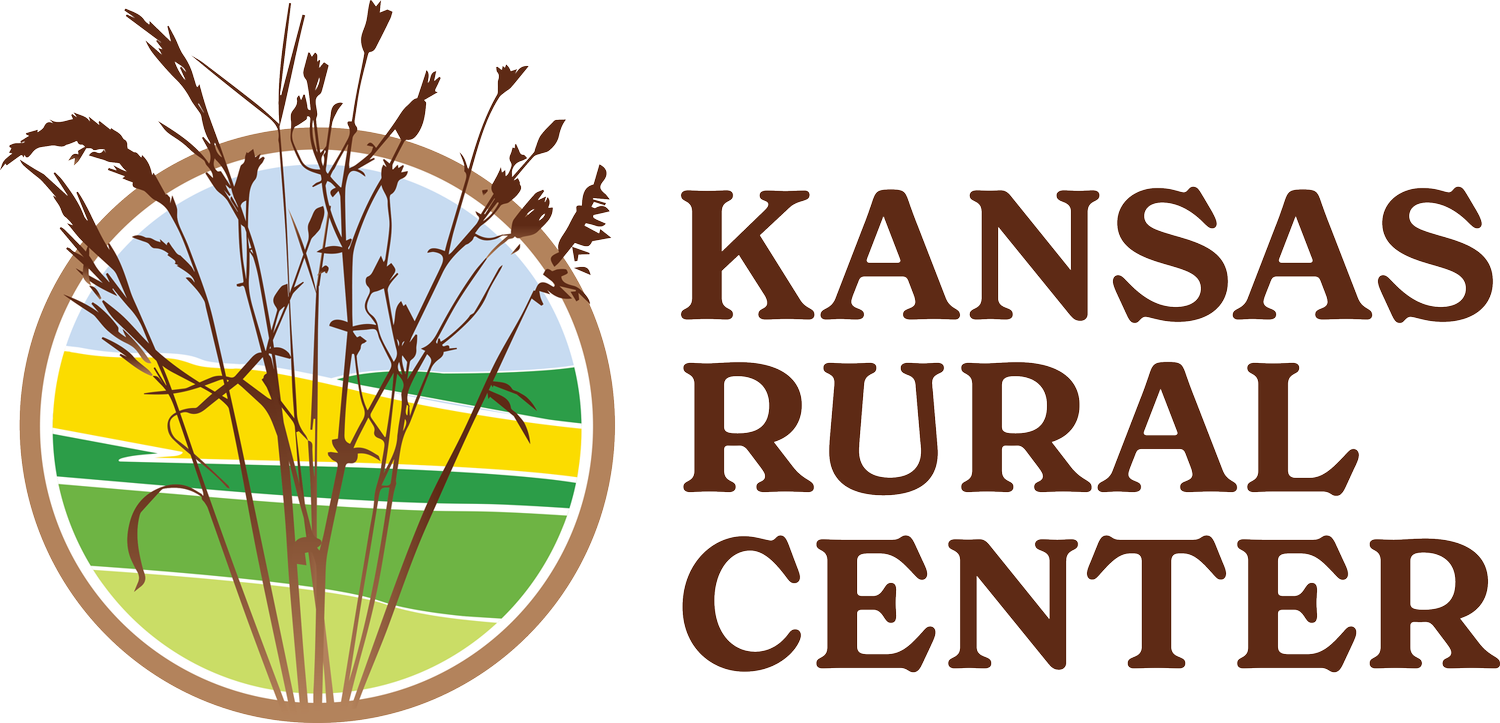Marketing Labels Offer Diversification Options for Farmers
Niman Ranch/Vital Farms/Farmer Direct foods
I think every farmer has experienced various challenges with marketing the products they grow on their farms. Too often farmers’ hard work isn’t reflected in the prices they can achieve in regional or global markets, so we’ve seen many producers diversify by marketing their products locally through farmers’ markets, on-farm stores, incorporating agritourism, and searching out other direct-to-consumer outlets. Those can be excellent marketing options, but as I’ve observed over the last several years, focusing on direct-to-consumer markets can leave producers feeling unsupported when forging their own path through the markets to customers. In response to this need, several companies have jumped into this space of tension by working with farmers to market their products under special labels, often associated with “regenerative” or “humane treatment” to reach consumers under that company’s label. I wanted to highlight a few that you might be interested in if you are looking to diversify your farm and sell under a standards-based label.
Several members of my family raised hogs for decades and transitioned from selling hogs in public markets or to standard packing plants. In the last 20 years all of them have transitioned to selling their hogs through Niman Ranch, a network of 600 independent pork producers who follow Niman’s strict animal welfare protocols. Niman Ranch’s field agents work with famers to implement and track their standards to assure compliance. A couple of the practices that distinguish Niman Ranch from other companies are:
Animals are not given antibiotics or added hormones and are only fed a 100% vegetarian diet. Treatment protocols developed with Dr. Temple Grandin require animals to be raised outdoors in deeply bedded pens. As opposed to some other industry standards, tails and teeth are not clipped and hotshots are not allowed to be used on the animals.
Though I would say that adapting to these standards has been challenging in some ways, Niman’s priority to humane practices as part of their label allows them to sell their products for higher prices and in turn provide better income and a floor price for farmers who raise hogs and sell through them. I have found this to be very advantageous for the farms in my family that work with Niman Ranch. https://www.nimanranch.com/
Driving down interstate 135 recently I noticed a billboard ad for Vital Farms, who markets their poultry company as “Keeping it BullSh*t-Free”. As a certified B-Corp, Vital Farms says they want to bring ethical food to the table. I don’t have any personal experience with them, but many of the talking points resemble Niman Ranch: an emphasis on humane treatment of the livestock, traceability, and certification of farmers, where the business helps over 300 farms be more profitable on a smaller scale. A few practices that are highlighted are:
Pastured poultry is rotated to new fodder every 21 days and provided with ample time outdoors.
Pesticides and herbicides are not used on pastures where the chickens live, using grazing rotation to manage plants instead of chemicals.
Farmers receive resources and advice from the farmer support team and are compensated fairly.
Admittedly, I don’t have experience selling through Vital Farms or know what their pricing structure is like, but they provide another interesting livestock product marketing option to watch as it develops. https://vitalfarms.com/
My last highlight is Farmer Direct Foods, a Kansas-based business outside of New Cambria near Salina. I was able to tour the flour mill a few weeks ago and was excited about their work. Farmer Direct focuses on “regenerative flour” that is better for consumers, farmers, and the Earth. Their focus on whole grains and regenerative farming techniques is informed by their goals of being more sustainable and combatting climate change. At the mill we learned that Farmer Direct Foods has been working on their own brand of regenerative flour, but that they also supply much of the King Arthur flour you may be familiar with from your local grocery store. Several highlights are:
The regenerative practices the farmers use is the basis of this label, with producers needing to meet a certain number of practices to qualify to sell to FDF.
Each batch of flour comes with identity assurance, so it’s easy to determine what farms the flour came from.
Product development is focused on whole wheat flour.
I was impressed with the hard work Farmer Direct was doing and am interested in learning more as they continue to develop their business. https://www.farmerdirectfoods.com/
I find myself often considering different marketing options for my family’s farms and find all of these “higher label” agricultural businesses very interesting. Though you may be very successful at selling your high quality products direct-to-consumer on your own, if you’d prefer to work with the support of a company with humane or regenerative priorities you should take a look at Niman Ranch, Vital Farms, or Farmer Direct Foods to see what the possibilities could be for your farm business.
Ryan Goertzen-Regier - Program and Administrative Manager, KRC

